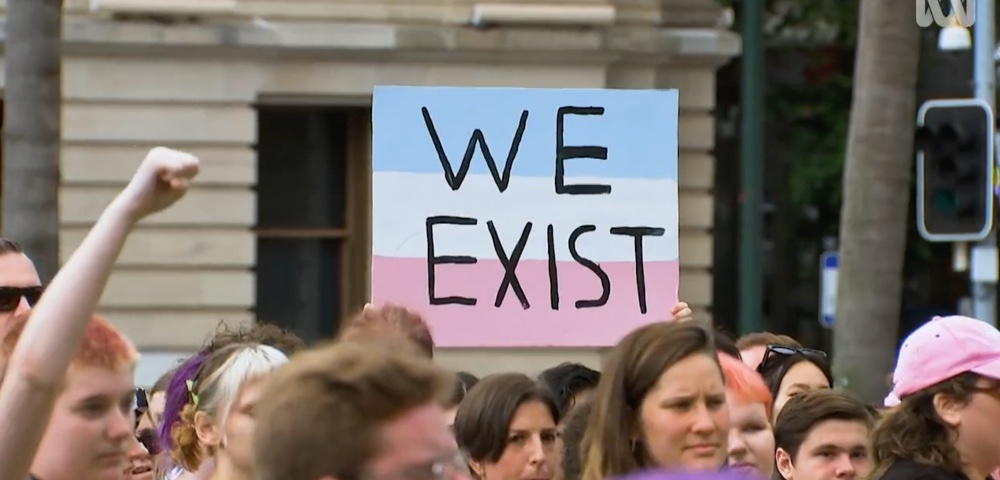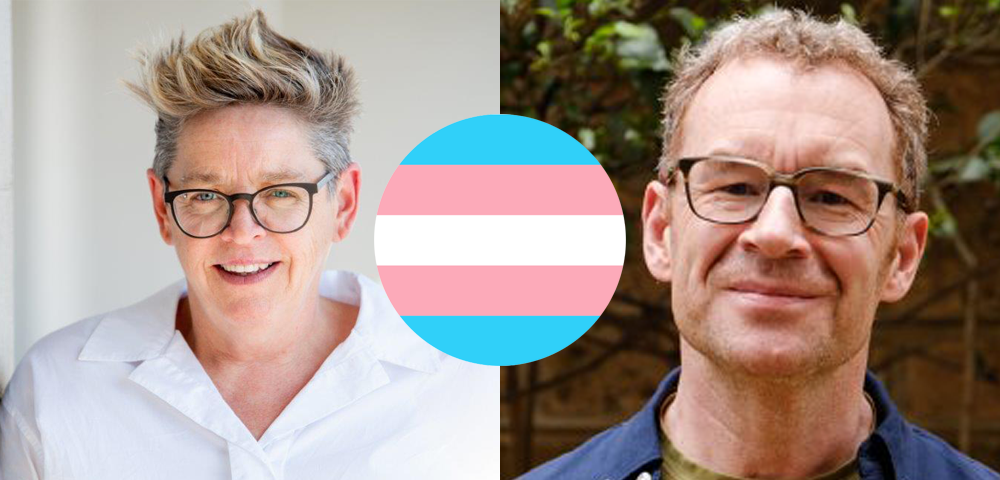
Calls For Increased Support To Provide Accessible Gender-Affirming Care For Trans Youth

LGBTQI advocacy groups have called for increased support after the latest episode of ABC’s Four Corners, ‘Blocked’, highlighted the lack of accessible gender-affirming healthcare for trans youth in Australia. The Four Corners investigation reported that hospitals across the country had been receiving increased volumes of requested care.
Trigger Warning: This story discusses anti-trans comments, which might be distressing to some readers. For 24-hour crisis support and suicide prevention call Lifeline on 13 11 14. For Australia-wide LGBTQI peer support call QLife on 1800 184 527 or webchat.
The investigations involved perspectives from young trans people and their families, clinicians, doctors, and healthcare workers in identifying the demand for limited support for children experiencing gender dysphoria.
Research by Four Corners identified over one thousand patients have received support from Melbourne’s Royal Children’s Hospital Gender Services in 2022. The services at the hospital have received 3,370 referrals in the past ten years, which have exponentially increased over time.
This increase in patients has ultimately extended wait times for children to begin receiving care, with 642 patients awaiting their first appointment at Queensland’s Children’s Hospital.
There is a concern for young patients’ safety in waiting for appropriate healthcare, with personal stories from families and children describing the severe impact on mental health.
More Needs To Be Done For Trans Youth
Monday on Four Corners: pic.twitter.com/KaW66eV9Ve
— Four Corners (@4corners) July 5, 2023
National LGBTQI advocacy organisation, Equality Australia, said that “more needs to be done” to provide accessible gender-affirming care for young people.
Equality Australia’s TransEquality Project Coordinator, Max Pick, explained the need for additional care whilst criticising the current debates on limiting children’s healthcare. Pick says decisions regarding gender-affirming care “should be left to young people, their families and the doctors treating them.”
“We need to listen to the people who are seeking this treatment, knowing they thrive when they are given the healthcare and support they want and need,” continued Pick. “Public debates over gender-affirming care serve no one and send harmful messages to trans youth, who at the end of the day only want to feel safe.”
Equality Australia’s Legal Director Ghassan Kassisieh says that the investigation shows that “young people cannot afford to wait,” in receiving appropriate and quality care.
Kassisieh points out advice from the Royal Australasian College of Physicians which notes providing gender-affirming care to children experiencing gender dysphoria as a “national priority.” This coincides with research amongst transgender and non-binary youth in receiving gender-affirming care is associated with lower rates of depression and suicide.
“Access to this life-saving care has been put under the microscope for years, both before the courts of law and the courts of public opinion,” says Kassisieh. “The failure to provide treatment in a timely way is negligent and the demand for services requires an urgent investment to reduce waiting times across Australia, particularly in NSW.”
NSW Healthcare Services Critiqued
Gender services from Westmead Children’s Hospital were a focus of the Four Corners investigation, following personal stories surrounding the hospital’s limited services and long waiting periods for children receiving gender-affirming care.
Westmead recorded only 145 patients with gender-affirming care last year, which is 7 times less than the number of patients treated by gender services at Royal Children’s Hospital.
Previous workers from Westmead told Four Corners that there were “deep divisions” amongst providing gender-affirming care by hospital staff, leading to extended waiting times.
Westmead Studies Questioned
Additionally, studies conducted by Westmead researchers have allegedly provided misleading evidence regarding patients’ family backgrounds and social implications leading to gender distress and included broad definitions which impact the accuracy of statistics.
A recent report from Westmead researchers revealed the statistics of patients experiencing desistance (described by researchers as the “disappearance of gender-related distress”) at the hospital is recorded at 22.1%. However, the number of desisted patients included individuals who did not meet the diagnostic criteria for referrals.
These controversial findings which have been used to assist arguments against transgender youth care, have been contested by external clinicians and doctors for providing incorrect and misleading information.
Furthermore, the $1.5 million budget to provide a “specialist trans and gender diverse health service” for young people under 25 from the NSW Government in 2021, is yet to be provided. NSW Health told Four Corners that the new hub is still “under development.”









